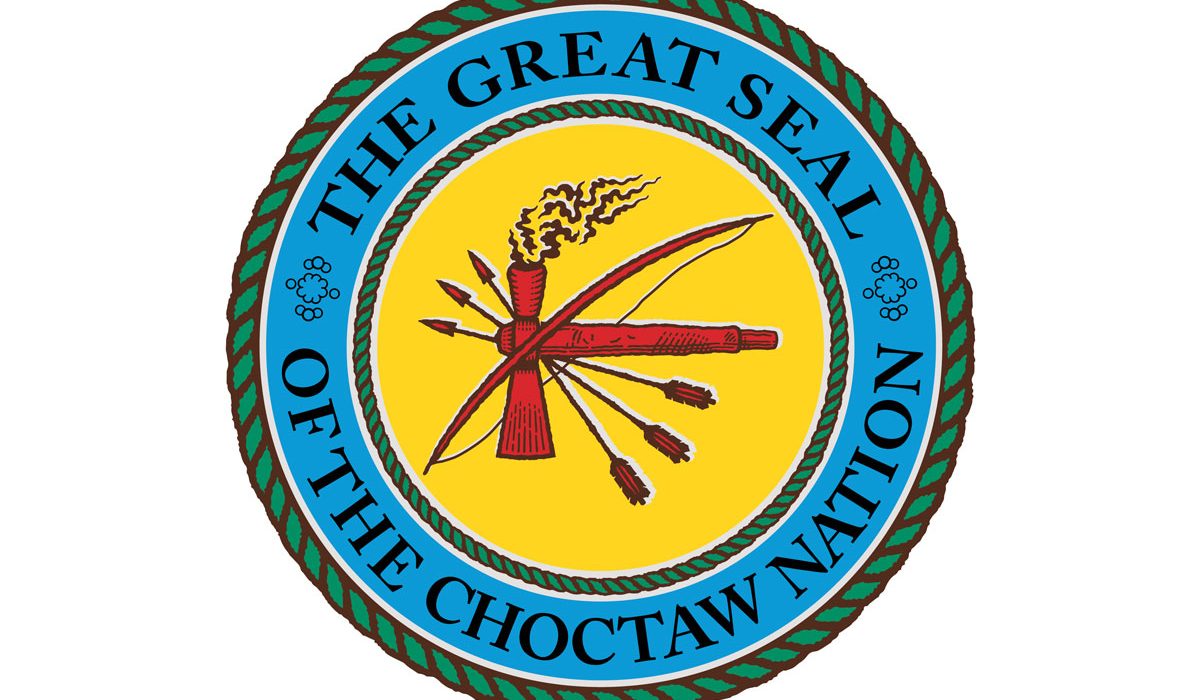Choctaw Nation
Casey Davis
DURANT — Choctaw Nation Chief Gary Batton formally announced today the formation of the Sovereignty for Strong Communities Commission in the wake of the U.S. Supreme Court’s landmark McGirt ruling, establishing an initial $2.0 million budget to uphold law and order on its reservation.
According to Chief Batton, the McGirt ruling will not apply beyond the Muscogee Nation until additional rulings by lower courts, or congressional action, prompts its extension.
“We still believe we have some time—at least a few months, most likely—before McGirt applies to us,” Batton said.
In response to the McGirt ruling, Chief Batton has established the Sovereignty for Strong Communities Commission, to further probe five key areas of potential impact: law enforcement, Indian child welfare, judicial affairs, regulatory affairs and taxation. Members of the committee are drawn from across the Choctaw government, representing every major function or aspect of tribal operations and governance.
Tribal leadership has budgeted an initial $2.0 million to fund this interim effort.
“We firmly believe Choctaw Nation works best as a partnership of people,” Batton said. “This is an important turning point in the 13,000-year-history of our tribe. We will explore all opportunities that make the lives of our tribal members and the communities in which they reside better.”
One of the tribe’s first actions was to begin the process of hiring 10 additional police and patrolmen, to be posted across the 10,926-square miles of the Choctaw Nation reservation. The tribe is also preparing to hire seven new social workers, in recognition of McGirt’s likely impact on matters pertaining to Indian child welfare. Assistant prosecutors, public defenders, and a court clerk are also planned to augment existing tribal judicial and legal capabilities.
In July 2020 the U.S. Supreme Court issued its decision in the case of McGirt v. Oklahoma, in what is sure to be one of the most pivotal cases in American history for affirming tribal rights and sovereignty.
McGirt, as the case is often called, acknowledged that the Muscogee (Creek) Nation continues as a reservation, and was not dissolved at Oklahoma’s statehood. It also eliminates any role by the state in prosecuting major offenses committed by Muscogees within their reservation—those crimes are reserved for tribal courts or the U.S. District Court for the Eastern District of Oklahoma.
Legal experts say the underpinnings of the treaty on which the McGirt ruling is based may soon apply to all Five Civilized Tribes, due to the similarity of their treaties and history of their relationships with the United States.


